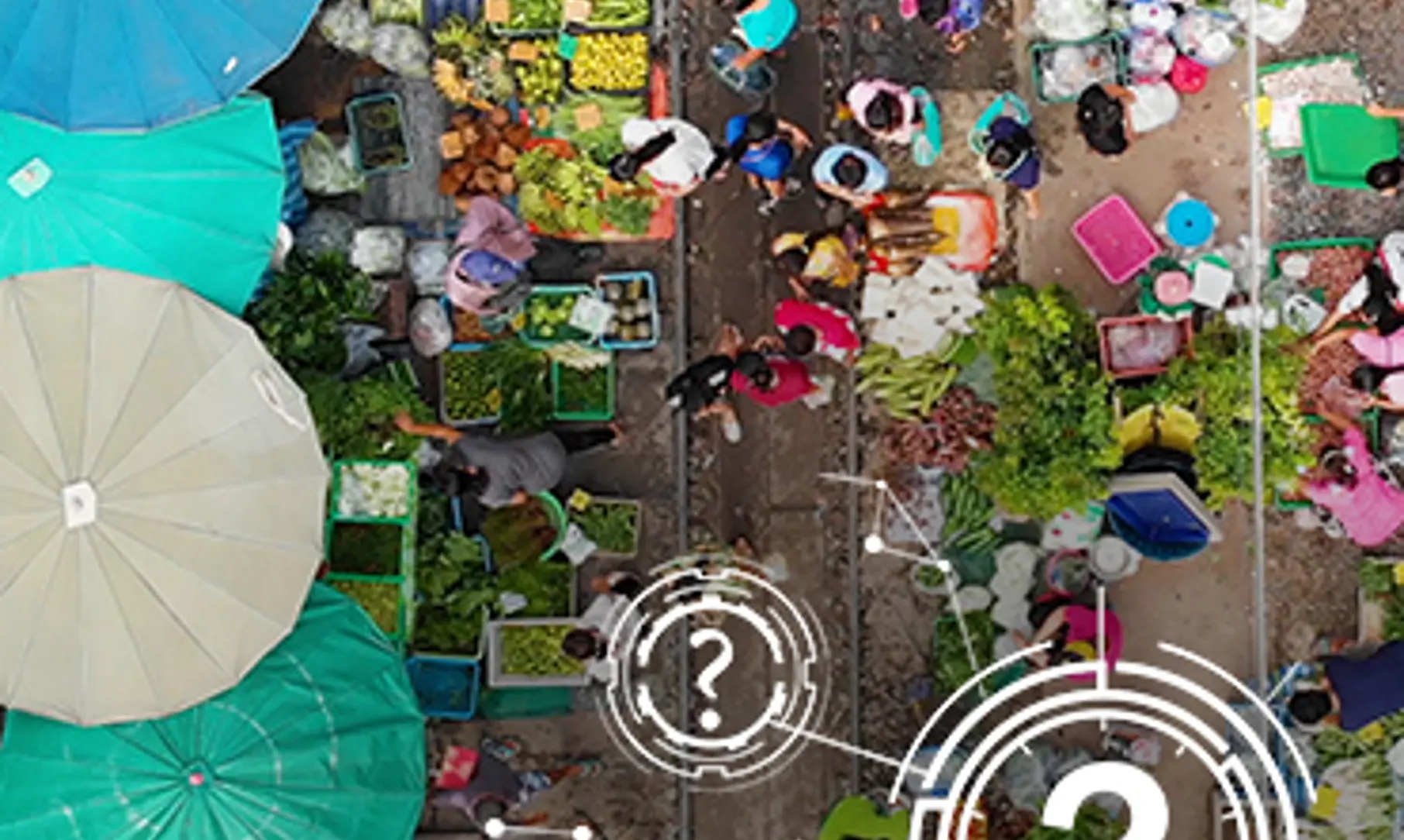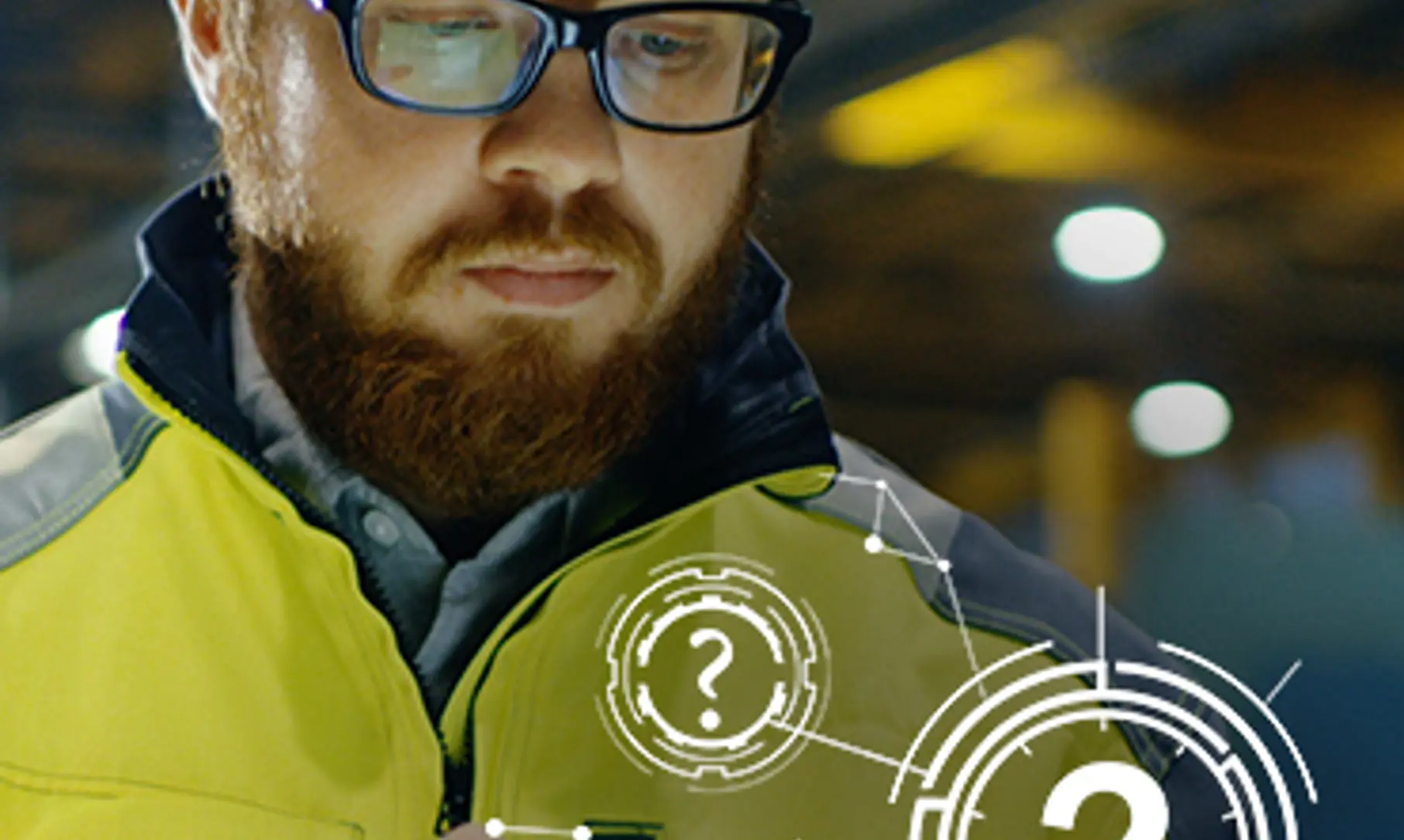Looking back to the future

In our Big Questions series, we’ve discussed the possibility of eliminating plastic and aluminium from food and drink packaging; how consumer appetites and attitudes are changing the industry, and what impact smart factories are expected to have on production. Take a look at our round-up below for more insight…
The future of packaging
Modern, busy lifestyles. More personalised experiences. The food and beverage industry is being shaped by a number of factors, leading manufacturers to create packaged products that are more convenient, greener, lighter and smarter – giving consumers full transparency and a more memorable experience.

The taste of tomorrow
With research showing Generation Z as the “purchasing powerhouse” of the future, not to mention ongoing advances in 3D printing and the move towards new sources of nutrition – like algae and protein-rich insects – we see big changes ahead for food and drink offerings in the future.

Factories of the future
With the advent of robotics and automation, we’re witnessing a rise in “co-bots” – collaborative robots that can work alongside humans in order to make production lines more efficient. So, just how quickly – and safely – will factories of the future get food from the factory to the shelf?

A world without plastic
Plastic is a huge part of our lives. But, with more than eight million tons ending up in our oceans every year, we need to make a change. Like activating and incentivising communities to recycle, and by developing and switching to more renewable, recyclable and bio-based materials.

The new world of work
As AI, robotics and advanced automation continue to evolve, will there be room for humans within manufacturing? The answer is yes. But it means developing new skills so that man and machine can work together. And it means ensuring that factories support their workers as they make the transition to new roles.

The age of aluminium free
Although aluminium plays an important role in aseptic packaging, its production requires many natural resources and energy. In addition, refining and production can result in hazardous by-products. As we adopt more sustainable practices, can the industry go without aluminum?

Working our way to zero
As the world becomes more environmentally conscious, more and more manufacturers are working towards a circular economy in order to reduce their waste output and carbon footprint to zero. But to succeed means taking one vital factor into account above all else: collaboration.

Finding the answers to all your questions
With the food and beverage industry in a constant state of change, we’ll continue exploring the key issues that could determine the shape of the industry to come – looking ahead to the top trends, themes and predications for the future. Providing answers to all your big questions, on SIGnals.
Want more stories like this sent straight to your inbox? Subscribe to the SIGnals Update, our exclusive bi-weekly newsletter.
- juni 10, 2020
